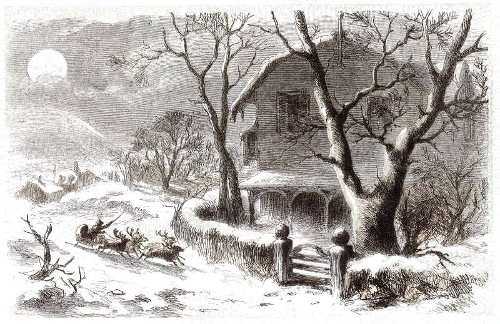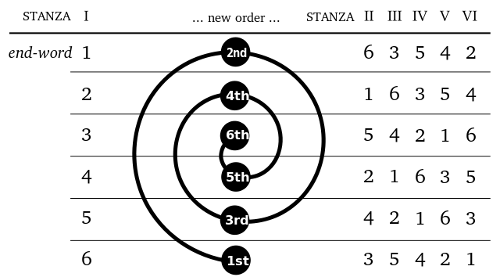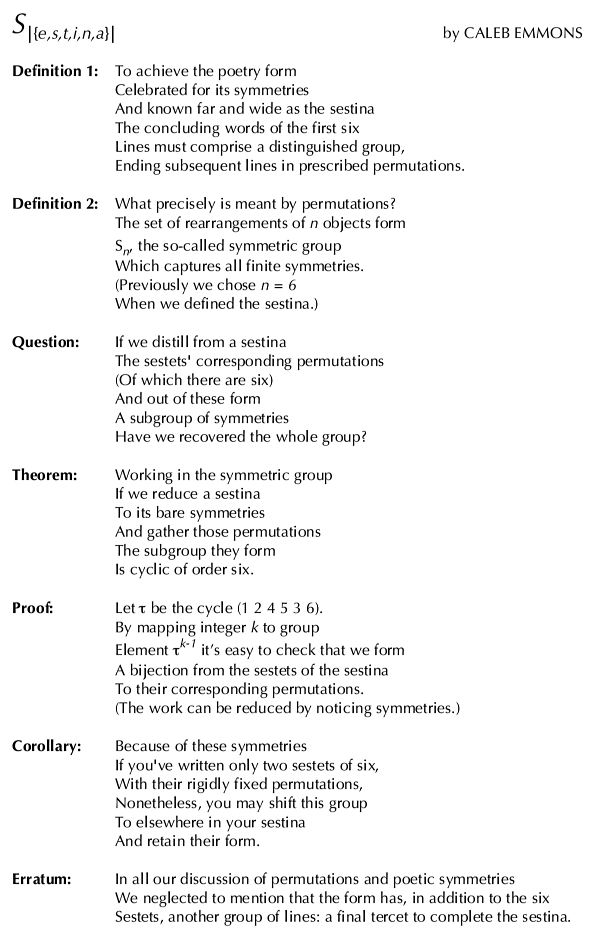
WHEREAS, on an occasion immediately preceding the Nativity Festival, throughout a certain dwelling unit, quiet descended, in which would be heard no disturbance, not even the sound emitted by a diminutive rodent related to, and in form resembling, a rat; and
WHEREAS, the offspring of the occupants had affixed their tubular, closely knit coverings for the nether limbs to the flue of the fireplace in the expectation that a personage known as St. Nicholas would arrive; and
WHEREAS, said offspring had become somnolent and were entertaining nocturnal hallucinations re: saccharine-flavored fruit; and
WHEREAS, the adult male of the family, et ux, attired in proper headgear, had also become quiescent in anticipation of nocturnal inertia; and
WHEREAS, a distraction on the snowy acreage outside aroused the owner to investigate; and
WHEREAS, he perceived in a most unbelieving manner a vehicle propelled by eight domesticated quadrupeds of a species found in arctic regions; and
WHEREAS, a most odd rotund gentleman was entreating the aforesaid animals by their appellations, as follows: “Your immediate cooperation is requested, Dasher, Dancer, Prancer, and Vixen, and collective action by you will be appreciated, Comet, Cupid, Donder, and Blitzen”; and
WHEREAS, subsequent to the above, there occured a swift descent to the hearth by the aforementioned gentleman, where he proceeded to deposit gratuities in the aforementioned tubular coverings,
NOW, THEREFORE, be ye advised: That upon completion of these acts, and upon his return to his original point of departure, he proclaimed a felicitation of the type prevalent and suitable to these occasions, i.e., “Merry Christmas to all, and to all a good night!”
(I’m not sure who came up with this — I’ve seen several versions.)






